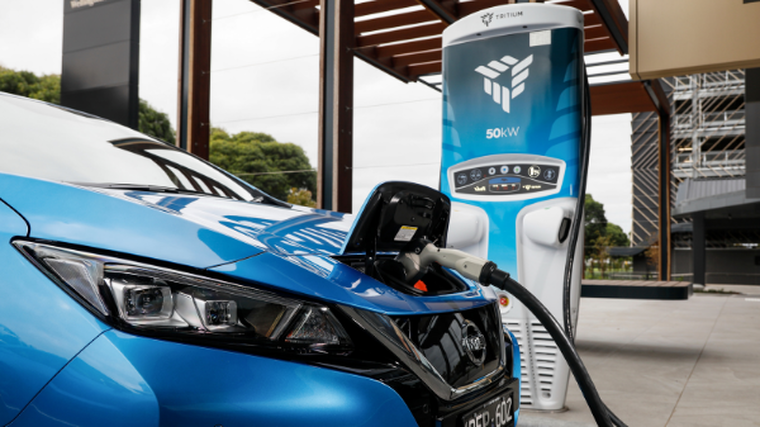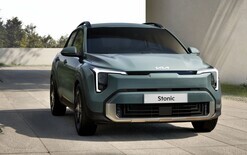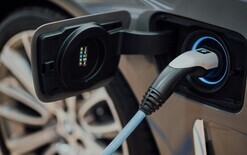EV rebate across ditch limited to 25,000 cars

Drivers across the ditch will soon be able to land a A$3,000 (NZ$3,236) rebate on electric cars but face the prospect of road-user charges form 2027.
The NSW government announced a series of measures on June 20 that aim to substantially increase the number of electric vehicles (EVs) on the road.
Its package of incentives includes a A$3,000 discount on the first 25,000 electric cars priced below A$68,750 bought after September 1, 2021.
EVs costing up to A$78,000 will be exempt from stamp duty from the same date, with the duty eliminated from all EVs and plug-in hybrids from July 1, 2027.
Politicians have also pledged to spend A$151 million on improving EV charging infrastructure, and EVs will have access to T2 and T3 transit lanes.
The incentives are designed to offset a new per kilometre charge for EVs and PHEVs. The 2.5 cents per kilometre charge for electric cars and 2c/km fee for PHEVs will be introduced in NSW from July 1, 2027, or when EVs make up at least 30 per cent of new car sales.
The charges are the same as those set to be introduced by the Victorian government from next month.
Dominic Perrottet, NSW Treasurer, says the mix of tax incentives and road user charges are “about making sure we have the right mix in place to incentivise the take-up of electric vehicles while ensuring everyone who drives on our roads contributes to funding and maintaining them”.
Tony Weber, chief executive of the FCAI, says the actions of the NSW government have the capacity to “kick start serious EV penetration into Australia”.
“As the future of mobility continues to rapidly transform, now is the time for governments to relieve motorists of a myriad of outdated, confusing and inefficient charges and replace them with a simplified road user charging approach,” he adds.
“This change in the taxation for EVs and PHEVs, significant investment in charging infrastructure, initiatives supporting fleets and consumer incentives balanced with a user charge represent the most significant steps we have seen in decades.”
Weber notes NSW’s incentives for EVs, which come soon after New Zealand officials announced plans for a similar rebate, is “consistent with actions being taken by forward-thinking governments across the world”.
He says the FCAI and its members will work with the NSW government to identify and introduce future reforms that support the efficiency of future automotive road user charging structures and systems.
“Ideally, road user charging decisions should not be based around specific technologies and particularly those that are in their relative infancy in the Australian market.
“An efficient road user charging scheme can address all vehicle users regardless of the type of vehicle they drive, how often it is driven and the purpose of the travel.”
Industry support
Nissan and Hyundai have both thrown their support behind the NSW government’s strategy for low-emissions vehicles.
Stephen Lester, managing director of Nissan Australia, says the policies will be good for consumers, the market and the state’s own legislated net-zero targets.
“These types of policies not only accelerate the EV transition right now, but also put Australia in a stronger place for priority adoption of new vehicle technologies, sooner,” he explains.
“Additionally, with the announced transition targets for its own fleet, the NSW market will see greater EV uptake because of government purchases, but also will ultimately benefit customers by providing a vibrant second-hand EV market in the years to come.”
Hyundai Motor Company Australia notes the changes will help politicians meet their goal of NSW being the easiest state in the country to buy and drive an EV.
John Kett, chief operating officer, says: “We congratulate the state government and recognise New South Wales as now setting the pace for the rest of Australia.
“Significant investment in the charging network, in both urban and regional areas, is a welcome initiative. Highly developed infrastructure provides confidence to customers and removes uncertainty around being able to charge EVs away from home.”





